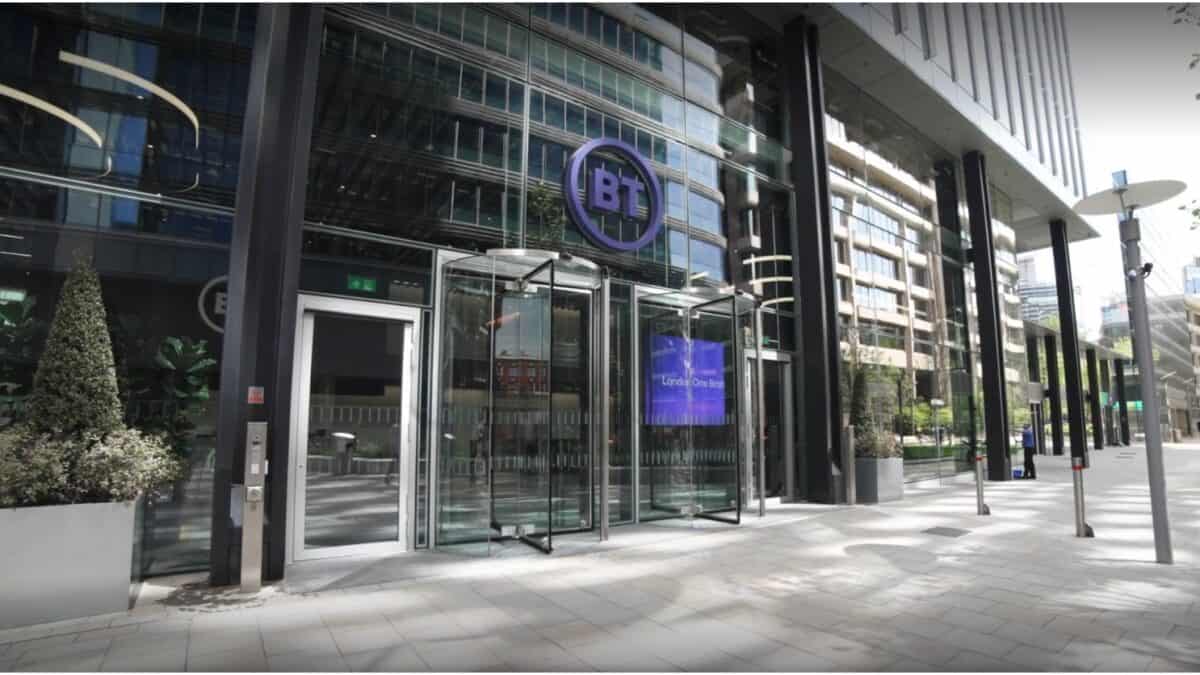Shares in BT (LSE:BT.A) have fallen by 26% over the last 12 months. To me, though, the underlying business looks like it’s in decent shape.
Revenues and profits have been largely static recently as the company invests in Openreach. But with inflation gradually falling, I think the future looks much more positive.
A business in transition
Over the last year, BT has been attempting to manage a difficult balancing act. Ahead of a switch from landlines to fibre-optic cables in 2025, the company has been working on two things.
Should you invest £1,000 in Tesco right now?
When investing expert Mark Rogers has a stock tip, it can pay to listen. After all, the flagship Motley Fool Share Advisor newsletter he has run for nearly a decade has provided thousands of paying members with top stock recommendations from the UK and US markets. And right now, Mark thinks there are 6 standout stocks that investors should consider buying. Want to see if Tesco made the list?
The first is building out the infrastructure for the transition and the second is signing up customers to its Openreach network. The trouble is, high inflation has given BT a dilemma.
Laying cables is a capital intensive business. The company has therefore had to choose between passing on higher costs at the risk of losing customers, or absorbing them at the cost of lower profits.
In general, BT has chosen to protect its margins by increasing prices. But despite 10% price increases, revenues and profits only increased by around 3% as customers started looking elsewhere.
Positive signs
Importantly, though, the price of raw materials has been falling. And the rate of inflation in the UK has also been coming down as the Bank of England has been delaying interest rate cuts.
I think this is positive for BT. While its costs are set to decline, the prices it charges its customers are not, meaning margins should widen and profitability should improve.
BT also benefits from being the largest provider of fibre-optic cables to premises. While it has competition – most notably from Virgin Media – it has a bigger reach than its rival.
All of this makes the stock look like a bargain at a price-to-earnings (P/E) ratio of six and with a dividend yield of 7.5%. But there are some important risks worth considering.
Is the dividend safe?
The biggest threat to the dividend, in my view, is BT’s pension obligations. As of last year, the obligations for the company’s main pension fund were higher than its assets.
This has been the case for some time and the deficit is smaller than it was before the Covid-19 pandemic. But I think it’s still something investors should be concerned about.
If the gap needs to be plugged, it will have to come from the company’s free cash flow. And in that situation, I think the dividend could be in danger.
This is something investors should keep a close eye on throughout this year as BT publishes its trading updates. The wider the gap, the greater the risk is for shareholders.
Buy, sell, or hold?
I think there’s a lot to like about BT. Despite being a capital intensive business, it looks like it’s coming through the other side of a difficult environment with its balance sheet in reasonable shape.
Declining customer numbers are an issue, but the company has so far been reasonably successful in offsetting this with price increases. How long this can continue is questionable, though.
The big issue for me is the gap in the company’s pension fund. If this shrinks, I could see myself buying the stock later this year.








